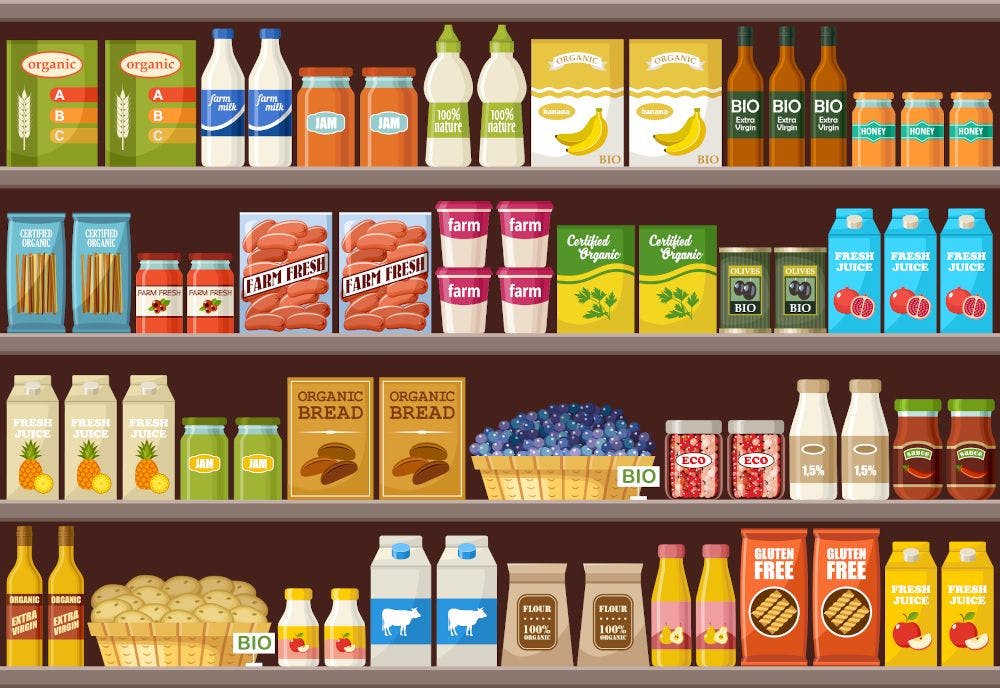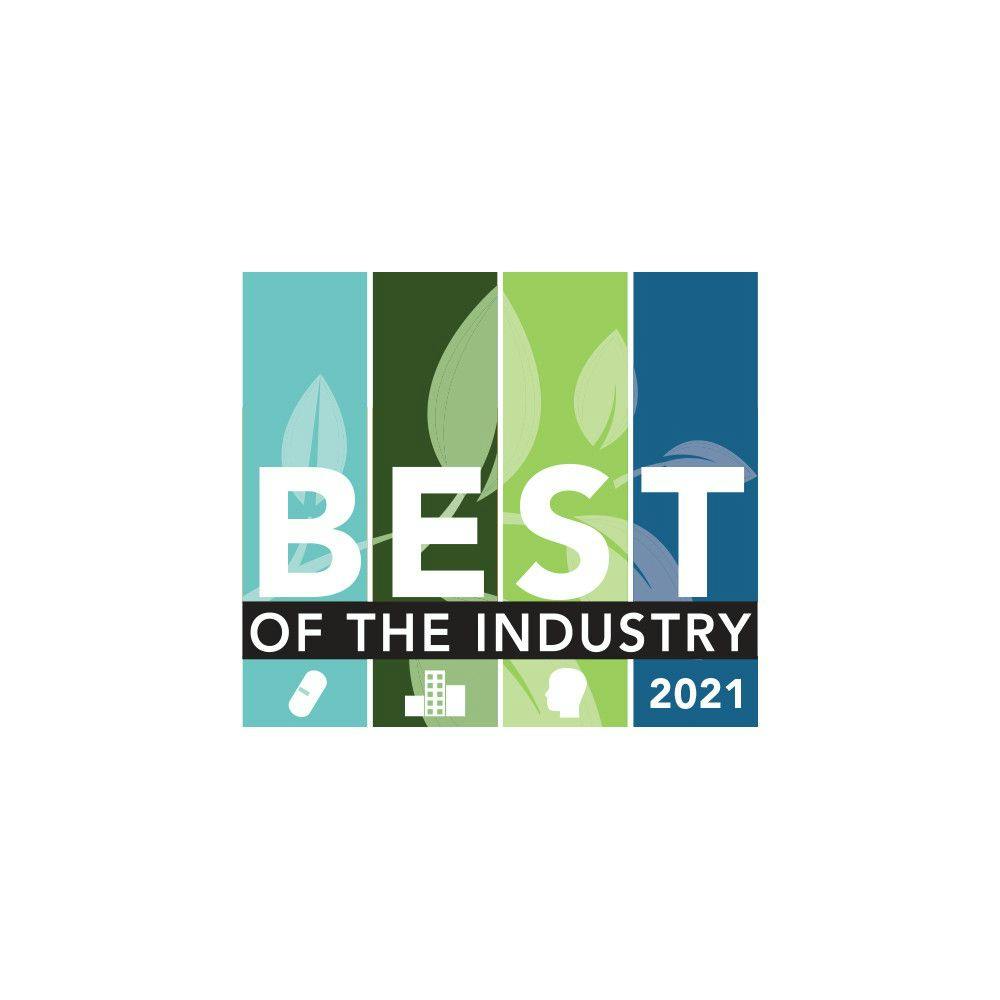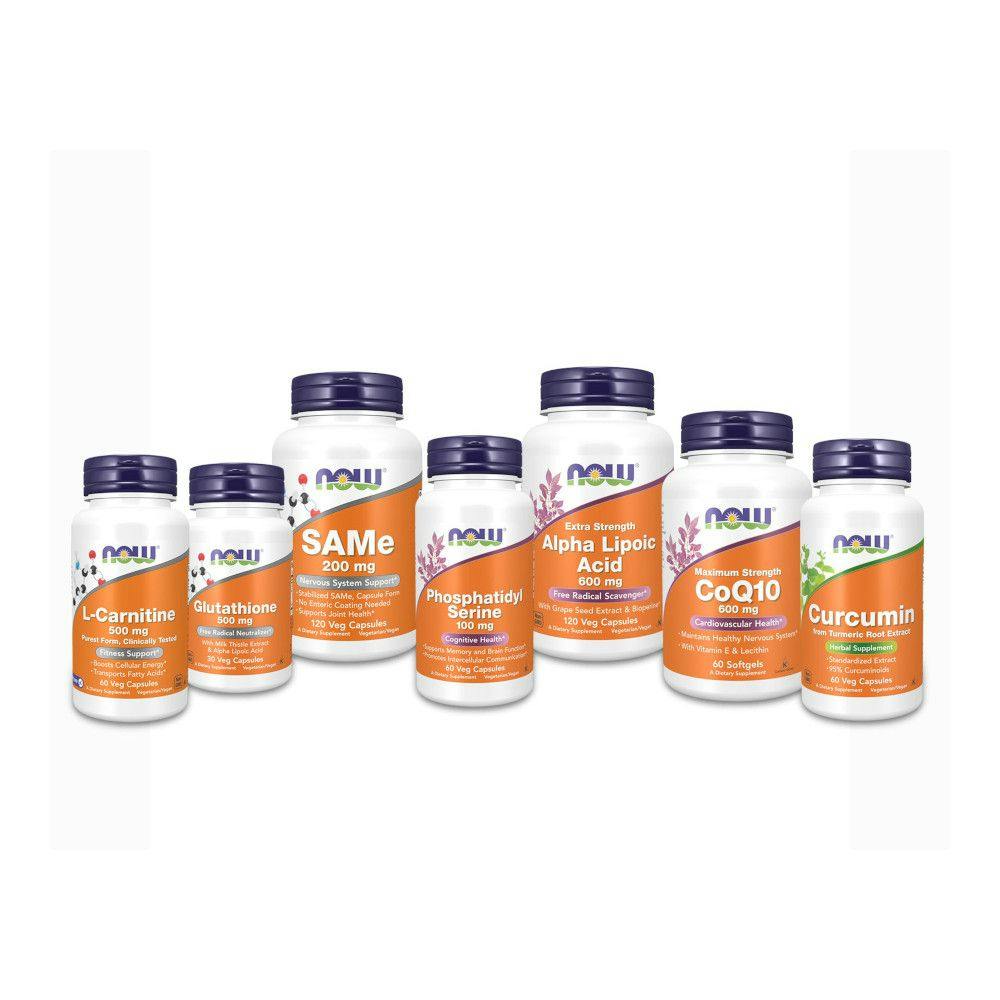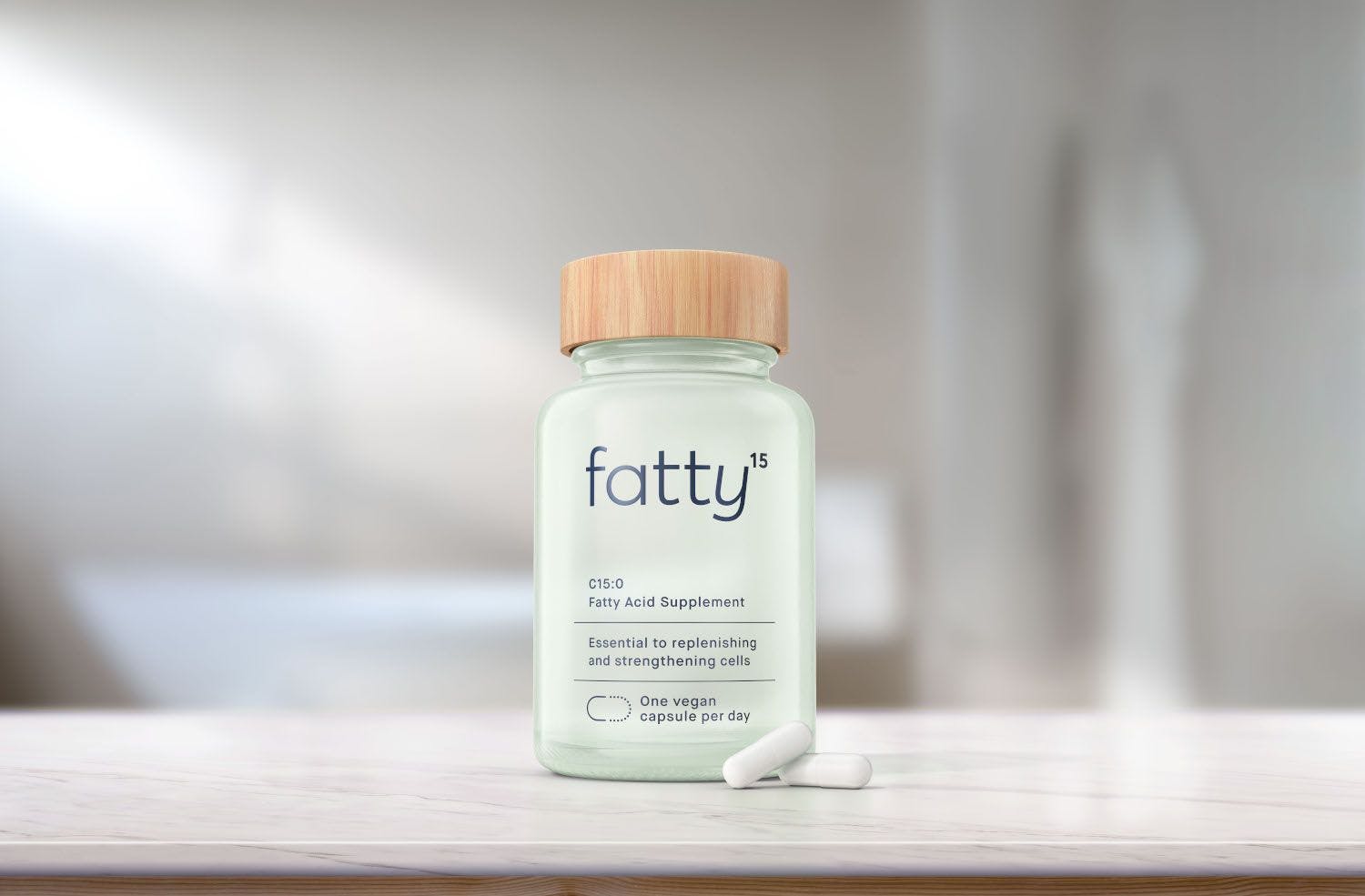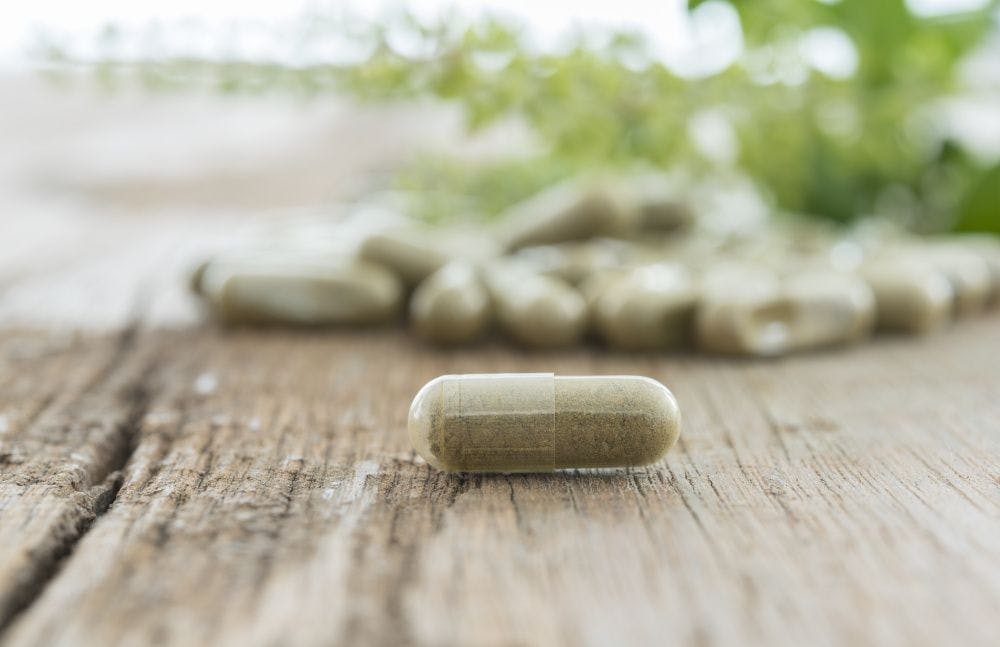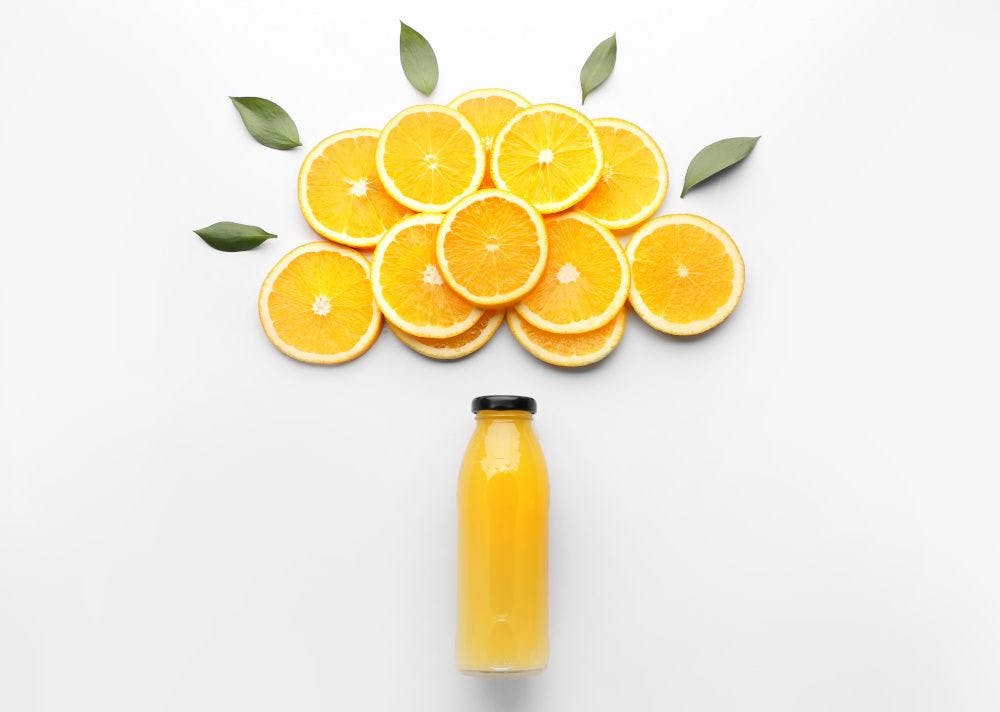Nutritional Outlook’s 2021 Best of the Industry Awards, Industry Leader: NOW
NOW shows how an industry leader can expose bad products in the dietary supplement market, raise public awareness, and make a difference.
Photo from NOW
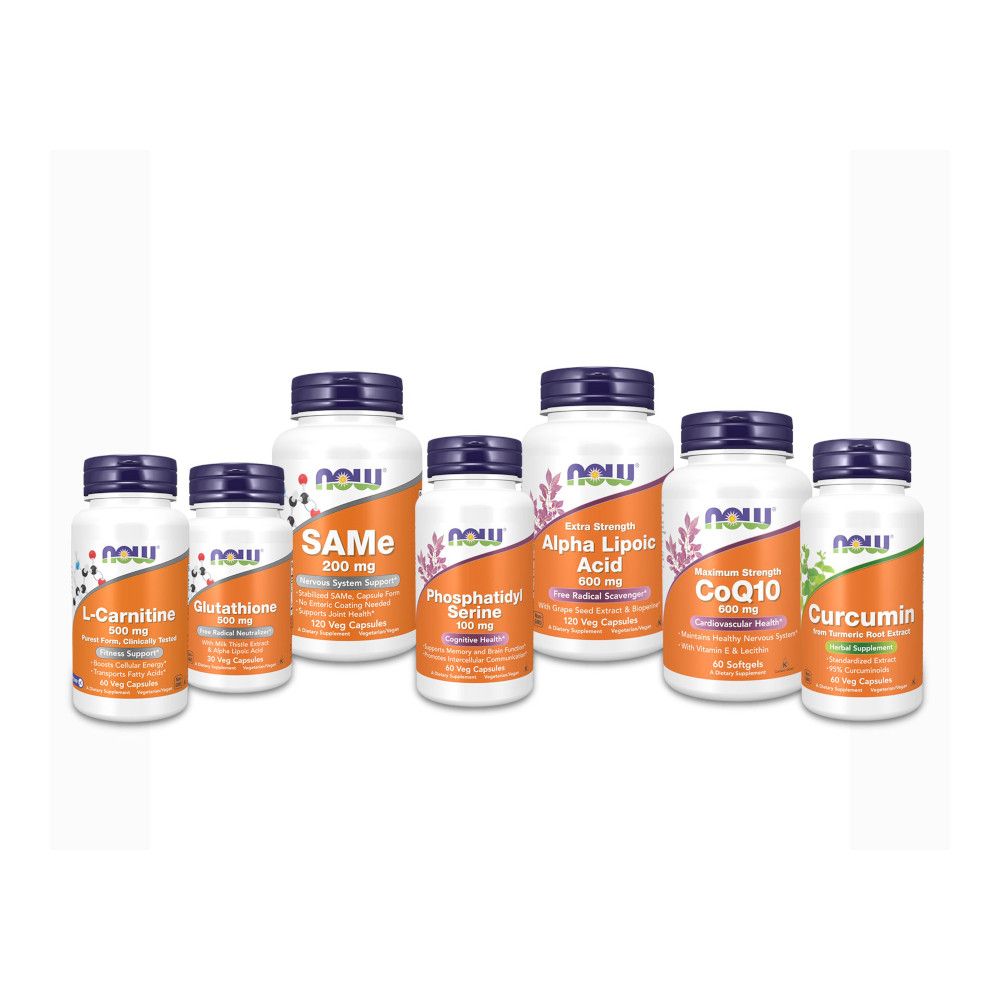
Who among us hasn’t clicked through the endless pages of dietary supplements sold on Amazon.com and wondered just how many of those products are junk? For good reason. This past summer, U.S. FDA sent a letter to Amazon CEO Andy Jassy warning him that nearly 30 sexual-enhancement and weight-loss supplements sold on Amazon that FDA tested contained “undeclared and potentially harmful drug ingredients.” FDA said it was “concerned” that Amazon’s “filters” for catching unlawful products were “inadequate.”
Not all problems with supplements on Amazon rise to the level of drug spiking, but that doesn’t mean they aren’t concerning. Some products might not contain the amount of active ingredient promised—or might not even contain the ingredient at all—cheating customers paying good money for a product they’re relying on to support their health.
These problems also risk the reputation of the entire dietary supplements industry, an unfortunate reality that keeps responsible supplement brand leaders—of which there are many—up at night. But has any supplement brand actually rolled up its sleeves to find subpar products on Amazon—and then launched a public initiative to share those findings with the entire dietary supplements industry, with Amazon itself, and last, but not least, with FDA?
NOW has. Starting in 2017, the family-owned giant, now in its sixth decade manufacturing its global line of dietary supplements and other products, began testing select supplement products sold on Amazon.com. Many of those products competed with NOW’s own. The company has since tested finished supplement products in some of the most popular categories, including L-carnitine, SAMe, CoQ10, phosphatidylserine, alpha-lipoic acid (ALA), curcumin/turmeric, and glutathione.
“NOW has been testing products purchased on Amazon for several years before we began this strategic program that involved making the results public,” says Dan Richard, NOW’s vice president of global sales and marketing. “We first tested a variety of products in 2017 and did our first category group of CoQ10 products in March 2018.”
The company focuses on testing products from lesser-known brands, often containing ingredients known to be pricey. “We chose categories in which the ingredients are expensive so there is more incentive for the cheaters to cheat. We chose brands that are unknowns, which we guessed would have lower quality-control systems,” says Richard. “NOW did not test larger natural brands because our experience has shown that these brands are typically made with good quality and adhere to FDA’s cGMP requirements,” he adds, referring to current good manufacturing practices.
NOW has vested interest in testing products that compete with its own. “We also chose products that NOW sells, where we saw NOW sales declining on Amazon to ‘no-name’ brands,” Richard says. “Our motive is to level the playing field with equal-quality brands competing with branding and value. We feel that NOW can win when competing fairly.”
Evening the playing field is what drove NOW’s efforts from the start. “Like many manufacturers, from time to time we do quality checks on many brands in the marketplace. It was obvious to us that many of the products sold on Amazon in the higher-priced categories, from brands no one ever heard of, could not possibly be what they claimed on the label. It was also clear many of them were not following the cGMPs as required by law,” Richard explains. “It was enraging, really, to see these unknown brands cheating customers and taking sales from legitimate brands that invest in quality and regulatory compliance. After several rounds of testing just to satisfy our curiosity confirmed our worst suspicions, we decided to strategically test more products in specific categories and share the results with the industry, Amazon, and FDA.”
Once products are purchased from Amazon, they’re tested for content, potency, contaminants and heavy metals, labeling accuracy, and more. In addition to testing in its own laboratories, NOW sends samples to reputable third-party labs such as Eurofins and the University of Georgia’s Center for Applied Isotope Studies to ensure results are not biased.
“One of the important elements of competent testing is that the results are reproducible and can be confirmed,” Richard explains. “Although the industry is well aware of the excellence of NOW’s in-house labs, having confirmation from another well-respected lab removed the potential for questioning the accuracy of the results we publicized.” Not only that, “Additionally, Amazon told NOW that only third-party assays would be considered for action. They felt that in-house labs could not be independent, which may be fair,” he says.
Outsourcing also ensures testing is done by the right experts. Curcumin, for instance, has become a red-hot ingredient, with economic adulteration giving rise to synthetic curcumin adulteration. To test for the presence of synthetic additives, NOW sent curcumin product samples to the University of Georgia’s Center for Applied Isotope Studies for radiocarbon testing. The Center found that 4 out of 23 non-NOW samples tested were spiked with synthetic material. Says Richard: “In the case of checking curcumin to see if it is from turmeric or a synthetic substitution, radiocarbon testing is the method used. It’s highly specialized equipment, and the University of Georgia’s Center for Applied Isotope Studies has experience testing curcumin to determine origin. This is an extra test beyond normal quality control; most brands would only test curcumin/turmeric for potency, not to confirm the source. Because this is a known problem in the industry, quality brands should be testing to confirm their products are not spiked with synthetics.”
After NOW shared such negative findings with both Amazon and FDA, weak reaction from those corners drove NOW to report the results publicly in the hopes of spurring a stronger response.
“We were very frustrated that Amazon would not take any action given that we supplied detailed information on quality lapses,” Richard says. “We also submitted the test results to FDA, and that also didn’t seem to lead to any actions or enforcement. I checked some products that I put in one-star reviews [for], with details on who I am and what the product tested at, to warn potential buyers. These are still selling today on Amazon, so that’s unfortunate.”
Richard recounts some of the problems NOW’s testing uncovered. “Our initial red flag was seeing CoQ10 in 400-mg potencies in dry capsules. Our experience showed that CoQ10 is too sticky to fit 400 mg in a dry capsule with normal encapsulation machines. That’s why we suspected foul play as well as pricing that looked too good to be true.”
“I think the worst we found,” he continues, “was zero potency found with a 400 mg CoQ10 label claim. That is seriously negligent and hard to believe.” It also seriously risks the consumer. “It is well known that many cardiologists recommend CoQ10 400 mg to their patients, so this failure could lead to a very dangerous problem,” Richard points out.
In fact, “All of the expensive ingredients are candidates for quality problems from these no-name brands,” he says. “We have also found items as simple as zinc oxide with under 5% labeled potency, so it’s buyer beware for unknown brands.”
He adds: “Products made with ingredients that are expensive and therefore have a higher price tag are the ones less likely to meet label claims. Cheaters are less likely to put effort into making a low-quality vitamin D even though it’s a popular product, because it isn’t an expensive ingredient. Conversely, cheaters will cheat in various ways even to save a small amount. We did find several brands that labeled products in vegetarian capsules that we tested and found to be gelatin/animal capsules.”
NOW conducts extensive testing on its own products in its in-house lab. Photo from NOW.
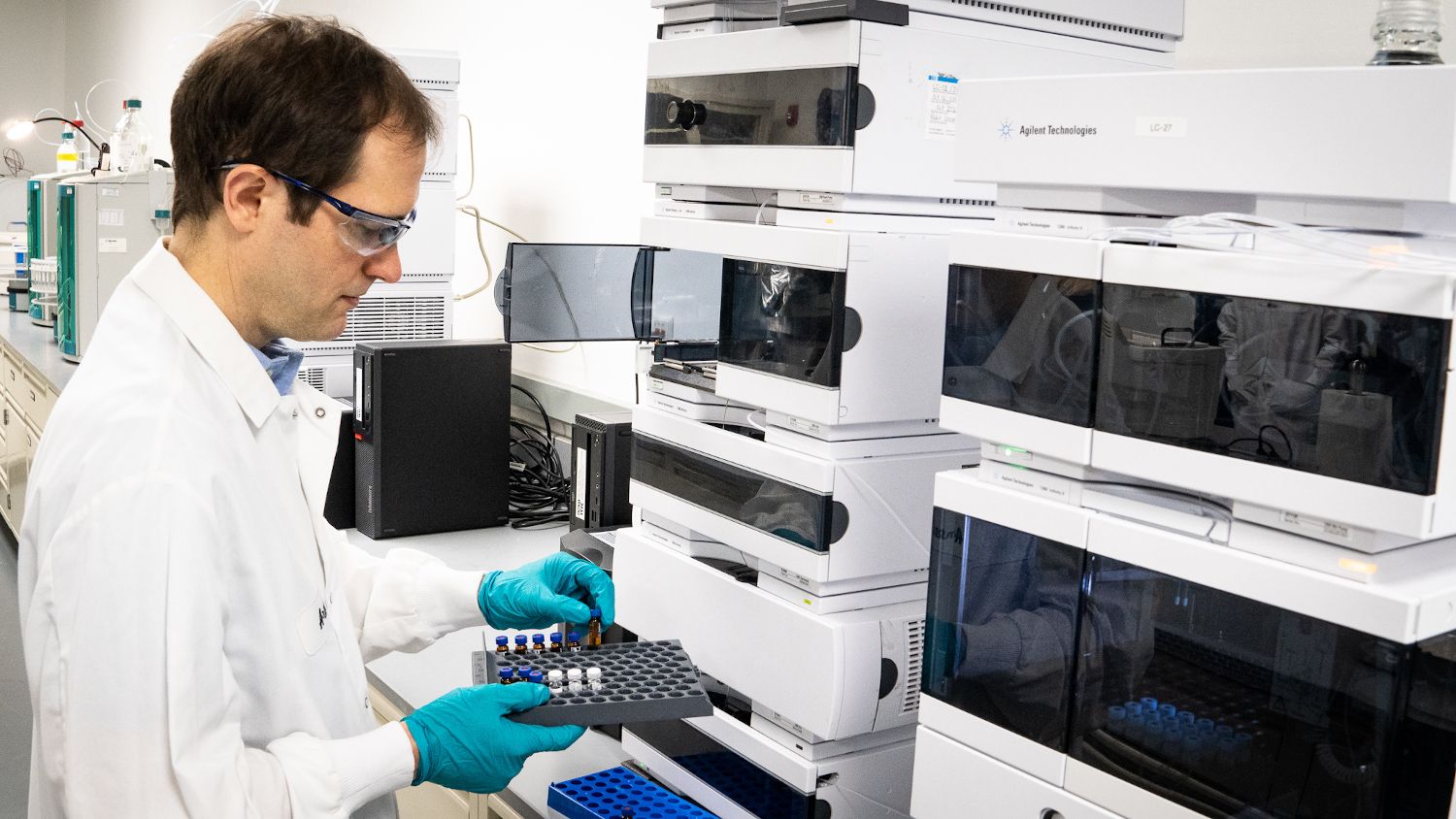
Not all test results are as bad. Richard reports that results from glutathione testing the company shared this October actually “were pretty good.” He comments: “This was really a surprise, a good surprise, and demonstrates progress in cleaning up products sold on Amazon.”
NOW hopes Amazon can progress in cleaning up its supplements marketplace. The wheels may be turning. Last December, Amazon launched new rules for supplements sold on its site. Supplement marketers must now submit a certificate of analysis and/or third-party certification from reputed third-party certifiers before they can retail on Amazon. This November, Amazon also announced it will require marketers to submit a “valid good manufacturing practice (GMP) certificate issued by an accredited third-party certification body.” It also strengthened rules for high-risk categories like sexual-enhancement and weight-management supplements.
Was it NOW’s public reports that motivated Amazon to toughen up? Or was it FDA’s letter? It could have been both. “We have been providing the test results to Amazon but not gotten direct feedback from them,” says Richard. “While we have no direct statement from Amazon [linking] NOW making the appalling testing results public and the stricter requirements for sellers being instituted, the timing certainly suggests a strong correlation.” Last December, NOW expressed its support for Amazon’s stricter supplement policies.
For now, says Richard, NOW will continue testing products bought on Amazon and sharing the results with everyone. “We do plan to resume testing products we purchase on Amazon in the new year with different products we suspect are likely to be problematic. We may phase out of this as Amazon’s new quality program leads to positive actions.”
NOW also always includes its own products among those tested from Amazon. “A NOW product is included as a benchmark of what the product test results in the category should look like,” says Richard. “We purchased our own brand from Amazon and tested internally and externally to be consistent with other brands’ testing.” As a testament to NOW’s quality control, “We have not found our own products below label potency in any of our Amazon tests,” he says, noting that the company always comprehensively tests both its raw materials and finished products—conducting approximately 16,000 tests every month—including high-performance liquid chromatography potency verification, “exhaustive” microbial and heavy metal testing, and pesticides and steroids screening. “NOW does such extensive testing that we would find any quality problems before the products left the manufacturing facility,” he declares.
Still, as a result of its initiative, NOW has found at least one area where it may change its practices or products. But it’s not due to poor performance. Richard explains: “When we tested ALA products, it raised the question if we were putting too much overage in our product. NOW adds 5% overage generally, and we formulate our blends to use the most conservative calculations. If ALA purity is 96%-99%, we will formulate to assume 96% is the purity even if we test it higher, meaning we ‘double-add’ overage. There is also some variance with encapsulation to allow some higher and some lower levels. Because of this test, we are reviewing our retained samples to see if NOW should reduce our overage from normal 5% down to 3% for this particular product.”
Richard says NOW has received positive industry feedback for its work. And what of the companies whose negative results NOW broadcasted? “We expected to get pushback, and in fact made sure the NOW board of directors understood that this program could result in legal action against us,” Richard says. But so far it hasn’t. “The fact that this has not happened may mean that the brands we tested could not disprove our findings,” he surmises. “We did have one company contact us about how their product was labeled ambiguously, and we had a friendly exchange,” he adds. “The product was still mislabeled as our test results show zero detectable CoQ10.”
“Some competitors were concerned there would be a negative impact,” he continues, “and others pushed back about the requirements, but far more were pleased to see these bad practices highlighted…A lot of smaller brands and retailers were very happy that NOW was taking this on for the industry.”
Of course, not every supplement sold on Amazon is bad. A good number of respectable companies like NOW sell products online. Not all lesser-known brands are bad, either. Still, Richard points out, “Well-known brands have a reputation to protect, are generally honest, and have quality checks and balances to comply with cGMPs. No one is perfect, but it’s apparent that larger brands that have stood the test of time tend to pass most quality checks.”
The fact is that Amazon needs stronger scrutiny. “Sellers on Amazon can quickly jump into the market and sell a lot of product if they know how to market,” Richard says. “So many marketing brands have launched and stayed exclusively on Amazon because it can be easier to build a brand there.” It’s even easier to get away with selling subpar products online than in brick-and-mortar, he points out, because “physical store brands must be more legitimate in order for chain stores to invest their shelf space into that brand.”
Would NOW ever extend its testing to other online platforms or marketplaces besides Amazon? Not yet. Says Richard: “Only Amazon sells enough product to have such a great effect. eBay would be another platform to investigate, but it would be a much harder search and the impact not nearly as far reaching.”
By exposing those who dare to sell low-quality supplements, NOW is doing what it can to help improve the supplements market. NOW’s leadership and dedication to industry excellence is why Nutritional Outlook named the company this year’s Best of the Industry award winner in the Industry Leader category.
“We want a level playing field, and it’s better for NOW when we are not competing with far lower prices that are only possible because the products are very low quality,” Richard concludes. “We all stand to lose when consumer confidence in our industry’s products is undermined by products that do not deliver the expected benefits, so we benefit from removing all those bad products from the market and preventing new ones from using the same tricks.”
Hear bonus interviews with our award winners on The Nutritional Outlook Podcast!
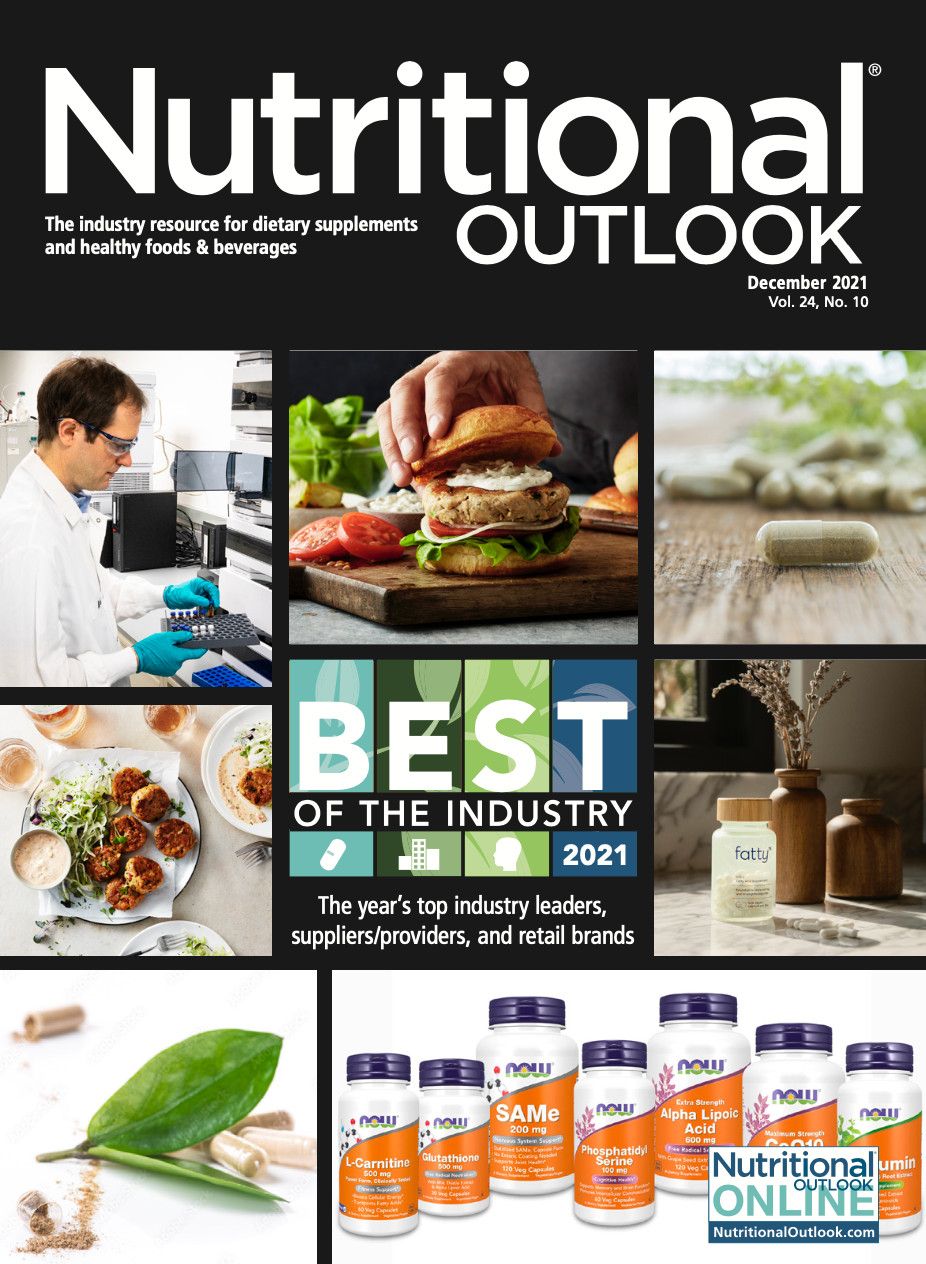
HHS announces restructuring plans to consolidate divisions and downsize workforce
Published: March 27th 2025 | Updated: March 27th 2025According to the announcement, the restructuring will save taxpayers $1.8 billion per year by reducing the workforce by 10,000 full-time employees and consolidating the department’s 28 divisions into 15 new divisions.





